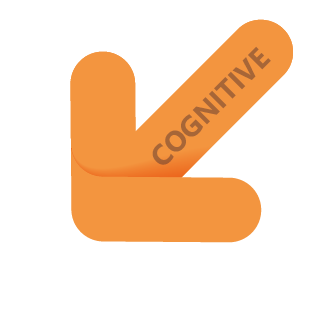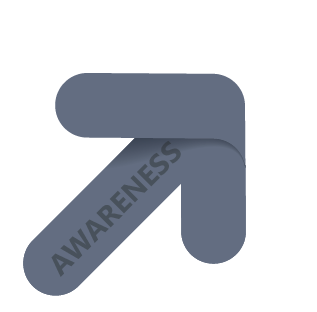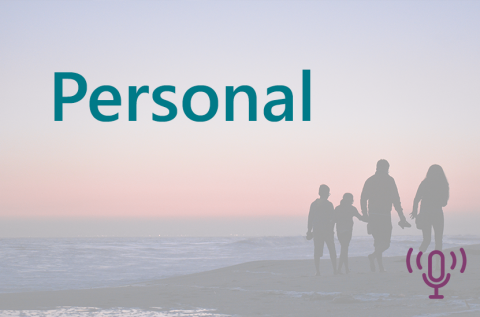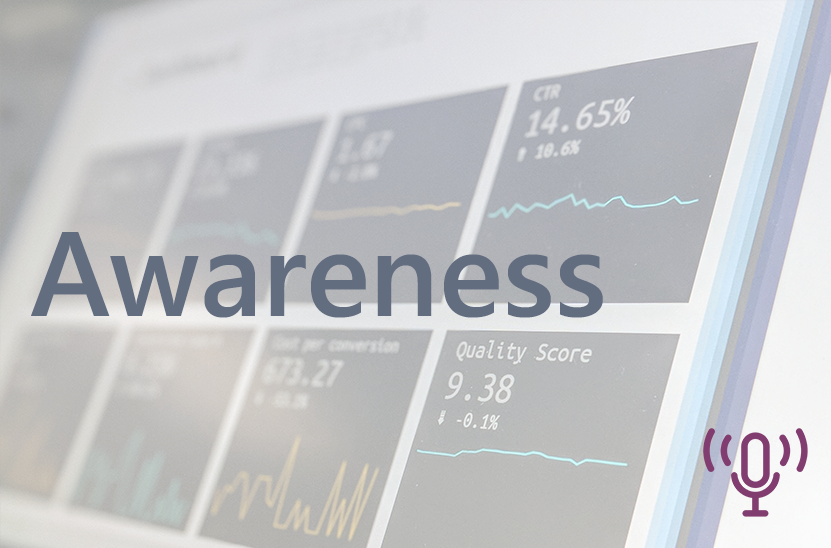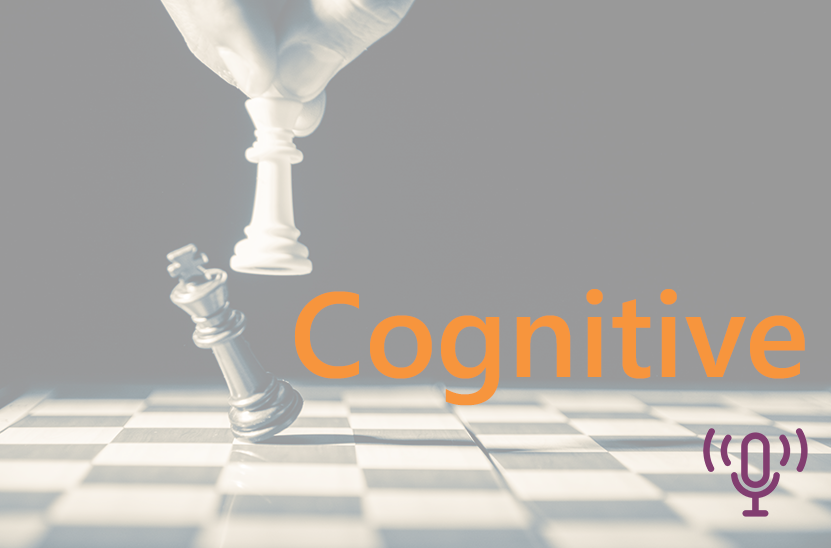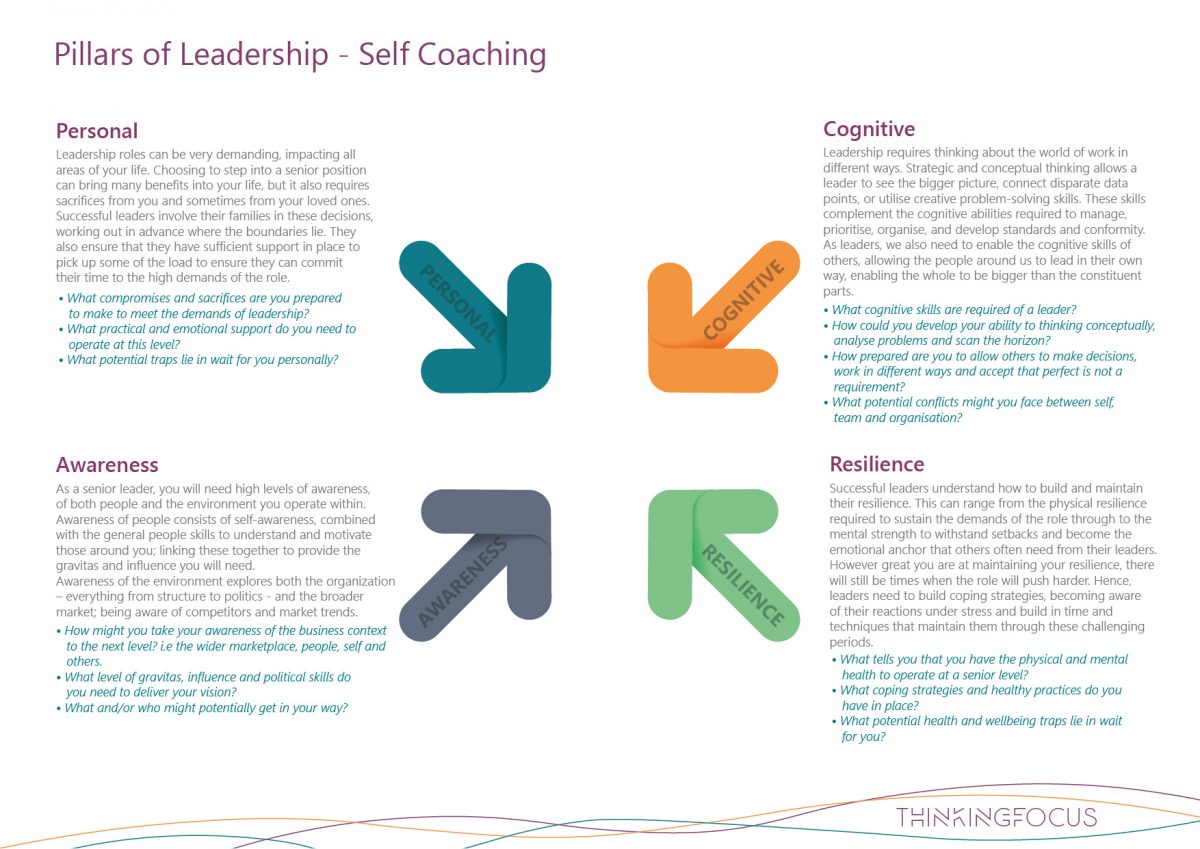One of the team was listening to a podcast about sports performance; when a guest (sports coach) talked about the pillars of a successful athlete. They use these to help the people they coach think about all of the aspects behind performance.
We work with leaders and prospective leaders across a range of organisations. So we wondered, what would the pillars be for a leader? What areas should anyone who wants to take on a leadership role think about? What would help them best prepare for the role?
After much thought and testing, we settled on these four pillars. When we use them with coaching clients, it changes the conversation, helping the client see leadership roles more holistically, considering the skills and attributes that they need to bring to leadership, how the role may differ from management and expert roles they have done in the past, and most importantly, the impact that taking on a big role has on their life and those they share it with.
Personal
Leadership roles can be very demanding, impacting all areas of your life. Choosing to step into a senior position can bring many benefits into your life, but it also requires sacrifices from you and sometimes from your loved ones.
Successful leaders involve their families in these decisions, working out in advance where the boundaries lie. They also ensure that they have sufficient support in place to pick up some of the load to ensure they can commit their time to the high demands of the role.
Cognitive
Leadership requires thinking about the world of work in different ways. Strategic and conceptual thinking allows a leader to see the bigger picture, connect disparate data points, or utilise creative problem-solving skills. These skills
complement the cognitive abilities required to manage, prioritise, organise, and develop standards and conformity.
As leaders, we also need to enable the cognitive skills of others, allowing the people around us to lead in their own way, enabling the whole to be bigger than the constituent parts.
Awareness
As a senior leader, you will need high levels of awareness, of both people and the environment you operate within.
Awareness of people consists of self-awareness, combined with the general people skills to understand and motivate those around you; linking these together to provide the gravitas and influence you will need.
Awareness of the environment explores both the organization – everything from structure to politics – and the broader market; being aware of competitors and market trends.
Resilience
Successful leaders understand how to build and maintain their resilience. This can range from the physical resilience required to sustain the demands of the role through to the mental strength to withstand setbacks and become the
emotional anchor that others often need from their leaders.
However great you are at maintaining your resilience, there will still be times when the role will push harder. Hence, leaders need to build coping strategies, becoming aware of their reactions under stress and build in time and
techniques that maintain them through these challenging periods.
Listen to our podcasts on each of the pillars
If you, or someone you know, is thinking about taking a step up into a more senior role, then try our coaching questions (download below). These will help you think about the demands that may come with such a role and help you prepare, ensuring that you have the best chance at success.
You will find these questions helpful regardless of the role. If you are in a leadership position, formally or informally, with or without people directly reporting to you, these questions will help.
Photos by GR Stocks, Sarah Medina, Stephen Dawson and Zac Durant, all sourced from Unsplash.com


